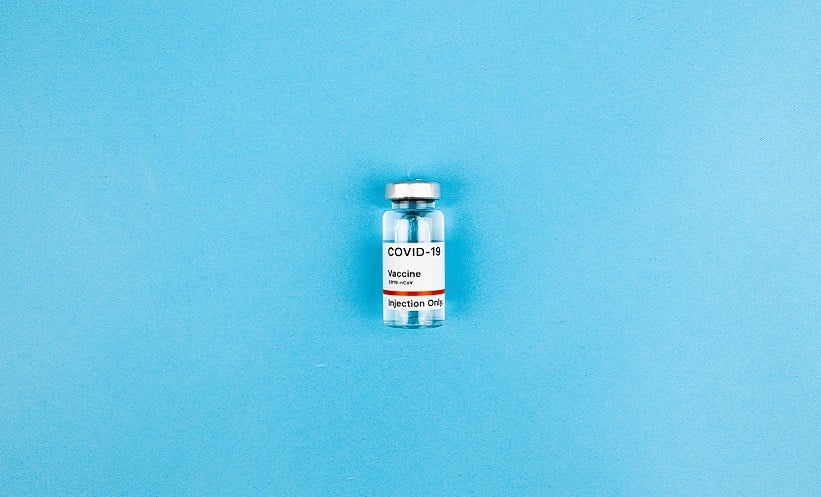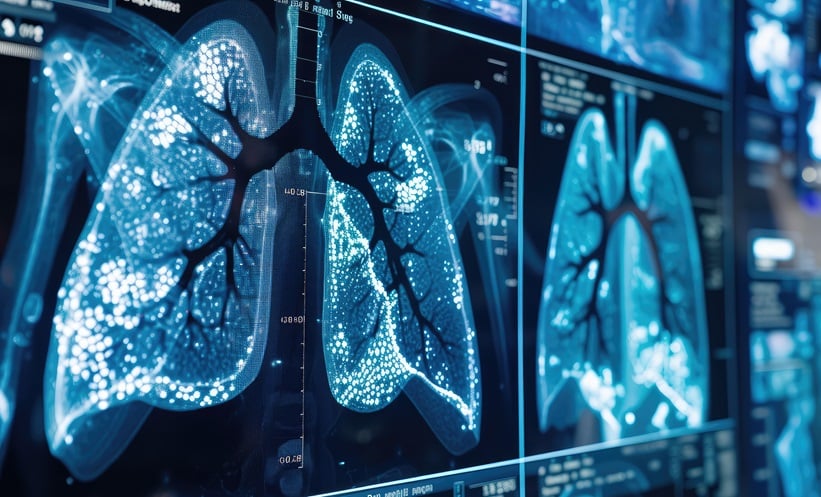SOME cases of myocarditis, non-ischaemic inflammation of the heart muscle, have been recorded following administration of mRNA-based COVID-19 vaccinations. Although certain patients may present with cardiac symptoms after vaccination, including chest pain, shortness of breath, and palpitations, they may not satisfy the diagnostic criteria for acute myocarditis. A novel prospective study has provided evidence of heart muscle inflammation in a small number of participants with acute myocarditis post-COVID-19 vaccination, but not in participants without acute myocarditis.
Cardiac MRI plays a pivotal role in assessing acute myocarditis, with the unparalleled ability for non-invasive characterisation of myocardial tissue, whilst cardiac fluorine 18 (18F) fluorodeoxyglucose (FDG) PET enables analysis of changes in myocardial metabolism. The researchers evaluated 54 participants for potential cardiac sequelae of COVID-19 vaccination at 2-month follow-up, and correlated cardiac symptoms to myocardial tissue changes on FDG PET/MRI, blood biomarkers, health-related quality of life, and adverse outcomes. Participants were either categorised as symptomatic with myocarditis (new cardiac symptoms within 14 days of vaccination and met diagnostic criteria for acute myocarditis); symptomatic without myocarditis (new cardiac symptoms but did not meet criteria for myocarditis); or asymptomatic (no new cardiac symptoms).
Out of the 54 participants, 17 were symptomatic with myocarditis, 17 were symptomatic without myocarditis, and 20 were asymptomatic. Besides myocarditis, the participants did not present with any other adverse cardiac events. Two participants with symptomatic myocarditis had focal FDG uptake, showcasing evidence of myocardial inflammation. The symptomatic myocarditis group reported lower health-related quality of life than the asymptomatic group. No participants in the asymptomatic group had focal FDG uptake, myocardial oedema, or impaired ventricular function. None of the symptomatic participants who did not satisfy the diagnostic criteria for acute myocarditis had heightened troponin levels, diminished left ventricular function, or detectable cardiac inflammation. The researchers proposed that symptoms alone are a poor indicator for myocardial injury after vaccination.
Based on the normal cardiac PET, ECG, and blood biomarker findings in the asymptomatic patient group, results suggested that subclinical myocardial injury is not common after COVID-19 vaccination. The researchers expressed their concerns for the possibility of subclinical cardiac disease, but hope that these findings reassure patients who did not experience symptoms post-COVID-19 vaccination. It was acknowledged that future studies are necessary to investigate non-cardiovascular causes of symptoms after vaccination in individuals who do not satisfy the diagnostic criteria for acute myocarditis.








